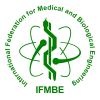2022 Awards Recipients
Otto Schmitt Award
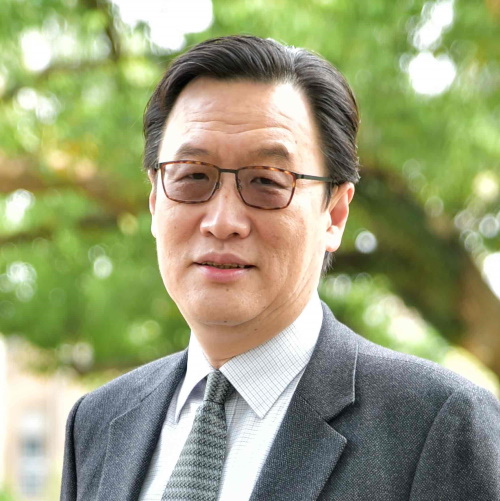
Pai-Chi Li
National Taiwan University, Chinese Taipei
For his seminal achievements in biomedical ultrasound, photoacoustic theranostics, and the groundbreaking technologies enabling the study of the interactions between cells and their microenvironment.
Vladimir K. Zworykin Award
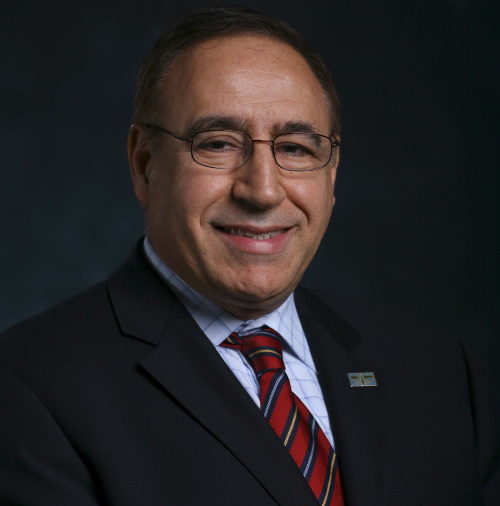
Metin Akay
University of Houston, USA
For his development of brain cancer chip for precision medicine and the dopamine probe for the assessment of substance abuse during early development.
Laura Bassi Award
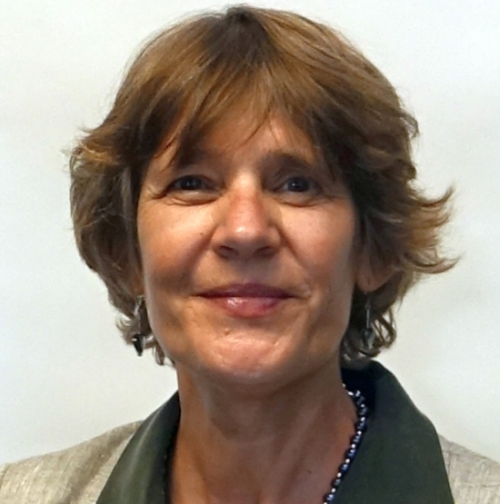
Maria Siebes
Amsterdam UMC, The Netherlands
For her impeccable academic career in fluid mechanics of arterial stenosis and coronary circulation (H-factor: 41). She is co-founder the WiMBE Committee and has worked hard to increase the visibility and participation of women in Biomedical Engineering.
Laura Bassi Award
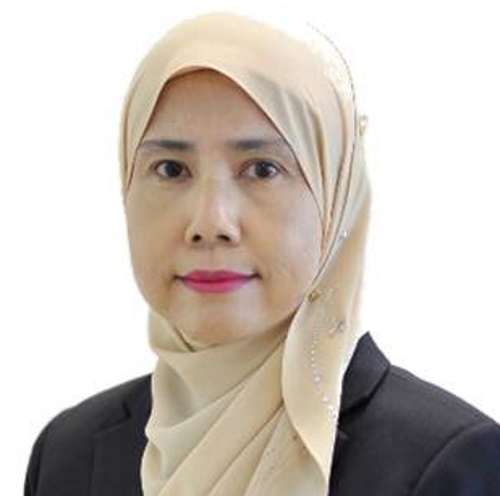
Fatimah Ibrahim
University of Malaya, Malaysia
For her contributions in biomedical engineering program and research, leadership in professional bodies, industry, society, as well as professional services in Malaysian Medical Device policy and standard.
John A. Hopps Distinguished Service Award
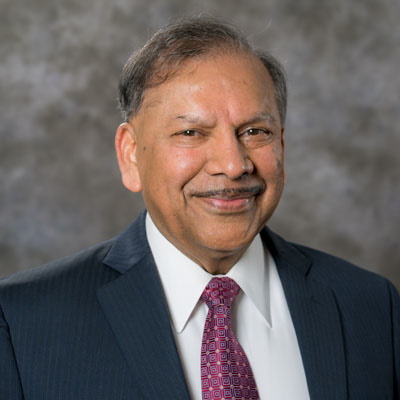
Shankar Krishnan
Wentworth Institute of Technology, Boston, Massachusetts, USA
For his sustained contributions to the development and promotion of biomedical engineering educational, technical, and professional activities of IFMBE in academia, MedTech industry, and hospitals internationally.
IUPESM Merit Award for Biomedical Engineering

James Goh
National University of Singapore, Singapore
For his global leadership in the field of Biomedical Engineering. His primary professional contribution is focused on promoting the engineering and physical sciences in medicine internationally.
HTAD Awards
2022 HTAD Outstanding Contribution Award
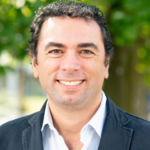
Leandro Pecchia
For his outstanding contribution to the field of Health Technology Assessment of Medical Devices
2021 HTAD Policy Award

Adriana Velazquez Berumen and her Team
For the significant contribution to Biomedical Engineering in the field of Health Technology Assessment of Medical Devices
2021 HTAD Policy Award

Mladen Poluta
For his significant contribution to Biomedical Engineering in the field of Health Technology Assessment of Medical Devices
2020 HTAD Best Paper Award
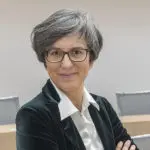
Giuditta Callea, Carlo Federici, Oriana Ciani, Fabio Amatucci, Ludovica Borsoi, Rosanna Tarricone, Marcella Marletta
For their outstanding and impactful paper in the field of Health Technology Assessment of Medical Devices “Integrating HTA Principles into Procurement of Medical Devices: The Italian National HTA Programme for Medical Devices”
https://link.springer.com/chapter/10.1007/978-3-030-31635-8_215
TOH SL Design Finalists
CED Awards
IFMBE Clinical Engineering Individual Award

Alexandre Ferreli Souza
For his extraordinary national leadership as President of Brazil’s national CE Society ABEClin during COVID19 times.
Scientific Challenge Finalists
EUCLID TEAM (Vasileios Perifanis, Greece)
Introduction
Paper: Predicting Early Dropouts of an Active and Healthy Ageing App
Presenter: Vasileios Perifanis
Team name: Euclid
Team: Vasileios Perifanis, Ioanna Michailidi, Dr. Giorgos Stamatelatos, Dr. George Drosatos, and Prof. Pavlos Efraimidis.
URL: https://euclid.ee.duth.gr/
Vasileios Perifanis is a PhD student at the Democritus University of Thrace, Department of Electrical and Computer Engineering, Greece. His research interests lie in the area of machine learning, mostly focused on federated learning and privacy-enhancing technologies.
Ioanna Michailidi is an undergraduate student at the Democritus University of Thrace, Department of Electrical and Computer Engineering, Greece. She is currently finalizing her thesis on the application of machine learning algorithms on biomedical data.
Dr. Giorgos Stamatelatos is a Post-Doctoral researcher at the Democritus University of Thrace, Department of Electrical and Computer Engineering, Greece. His research interests focus on algorithms, random graph models and social network analysis.
Dr. George Drosatos is a Researcher at the Institute for Language and Speech Processing (ILSP), Athena Research Center (ATHENARC), Greece. He has an interdisciplinary background, and his research interests focus mainly on privacy-enhancing technologies, information security, and biomedical informatics.
Prof. Pavlos Efraimidis is an Associate Professor at the Democritus University of Thrace, Department of Electrical and Computer Engineering, Greece and an adjunct member of the Athena Research Center, Greece. His research interests focus on algorithms, algorithmic game theory and algorithmic aspects of privacy.
The Euclid team is interested in machine learning tasks in the healthcare domain and has experience on the application of machine learning pipelines. The IFMBE challenge 2022 was an opportunity for the team to work on a real healthcare dataset and to apply state of the art learning algorithms to a practical problem of scientific and social importance and impact.
UBU team (Suparerk Janjarasjitt, Thailand)
Introduction:
Sole team member:
Suparerk Janjarasjitt
Department of Electrical and Electronic Engineering, Ubon Ratchathani University, Thailand
Why do I participate in the IFMBE Scientific Challenge 2022?
I previously participated in a scientific challenge organized in the 3rd International Conference on Biomedical and Health Informatics (ICHBI 2019), Taipei, Taiwan that was co-sponsored by the IFMBE. I found that such competition was challenging. I thus continue looking for a new scientific challenge and also an international conference organized or co-sponsored by the IFMBE. Eventually, I found the IFMBE Scientific Challenge 2022. After reading the detail of the IFMBE Scientific Challenge 2022, I decided to join in immediately. In addition to a challenging competition, the topic of the IFMBE Scientific Challenge 2022 is related to a crucial issue that needs to be tackled.
Additional thoughts:
I wished I could have more time to develop and apply various computational techniques. Moreover, I would love to continue developing the rule-based algorithm and further examine its performance.
Brief biography
Suparerk Janjarasjitt is an Assistant Professor at the Department of Electrical and Electronic Engineering, Ubon Ratchathani University in Ubon Ratchathani, Thailand. He received his Ph.D. in Systems and Control Engineering from Case Western Reserve University, Cleveland, Ohio, USA.
GIB-Team (Víctor Martínez-Cagigal, Spain)
Introduction:
GIB-Team
Assessment of Residual Deep Neural Networks and AdaBoost to predict adherence to digital-based active and healthy aging interventions
Sergio Pérez-Velasco, Gonzalo C. Gutiérrez-Tobal, Víctor Martínez-Cagigal, Eduardo Santamaría-Vázquez y Roberto Hornero
Corresponding author: Víctor Martínez-Cagigal ([email protected])
Presenter
Víctor Martínez-Cagigal is a Ph.D. researcher of the Biomedical Engineering Group (GIB) at the University of Valladolid (Spain). His main line of research focuses on the development of state-of-the-art non-invasive brain-computer interfaces (BCIs), i.e. systems that allow users to control applications or external devices with their own brain signals. In parallel, his interests also cover areas such as artificial intelligence, signal processing, biomedical engineering, and programming.
Team and motivation
The “GIB-Team” is made up of engineers and researchers from the Biomedical Engineering Group (GIB) at the University of Valladolid (Spain). Sergio Pérez-Velasco and Eduardo Santamaría-Vázquez are working toward their Ph.D. in the BCI field. For their part, Gonzalo Gutiérrez-Tobal, Víctor Martínez-Cagigal and Roberto Hornero are Ph.D. researchers whose interests focus on non-invasive BCIs and neurorehabilitation, but also on the development of artificial intelligence approaches to aid the diagnosis of diseases such as sleep apnea. Their shared interest in machine and deep learning, as well as the relationship of their research to active ageing, motivated them to participate in the IFMBE Scientific Challenge 2022.
ITeM team (Herag Arabian, Germany)
Introduction:
We are 6 researchers from the Institute of Technical Medicine (ITeM) which is one of the research departments of Furtwangen University (HFU), located in the Black Forest of Germany.
The Institute of Technical Medicine (ITeM) focuses on multi-disciplinary topics ranging from instrumentation, signal acquisition until intelligent decision support. Some of the current projects conducted at ITeM include Model-based mechanical ventilation, Electrical Impedance Tomography (EIT), and Digitalization in the operating rooms.
ITeM challenge team (ICT) decided to participate in this scientific challenge because it is related to the application of AI in health which is of interest to all members.
The ICT members are: Herag Arabian, Tamer Abdulbaki Alshirbaji, Ning Ding, Nour Aldeen Jalal, Bernhard Laufer, and Knut Moeller.
Knut Moeller is the director of ITeM, and other members are PhD candidates in different fields.
Nour Aldeen Jalal will be the presenter on behalf of the ITeM team.
Young Investigator Competition Finalists
